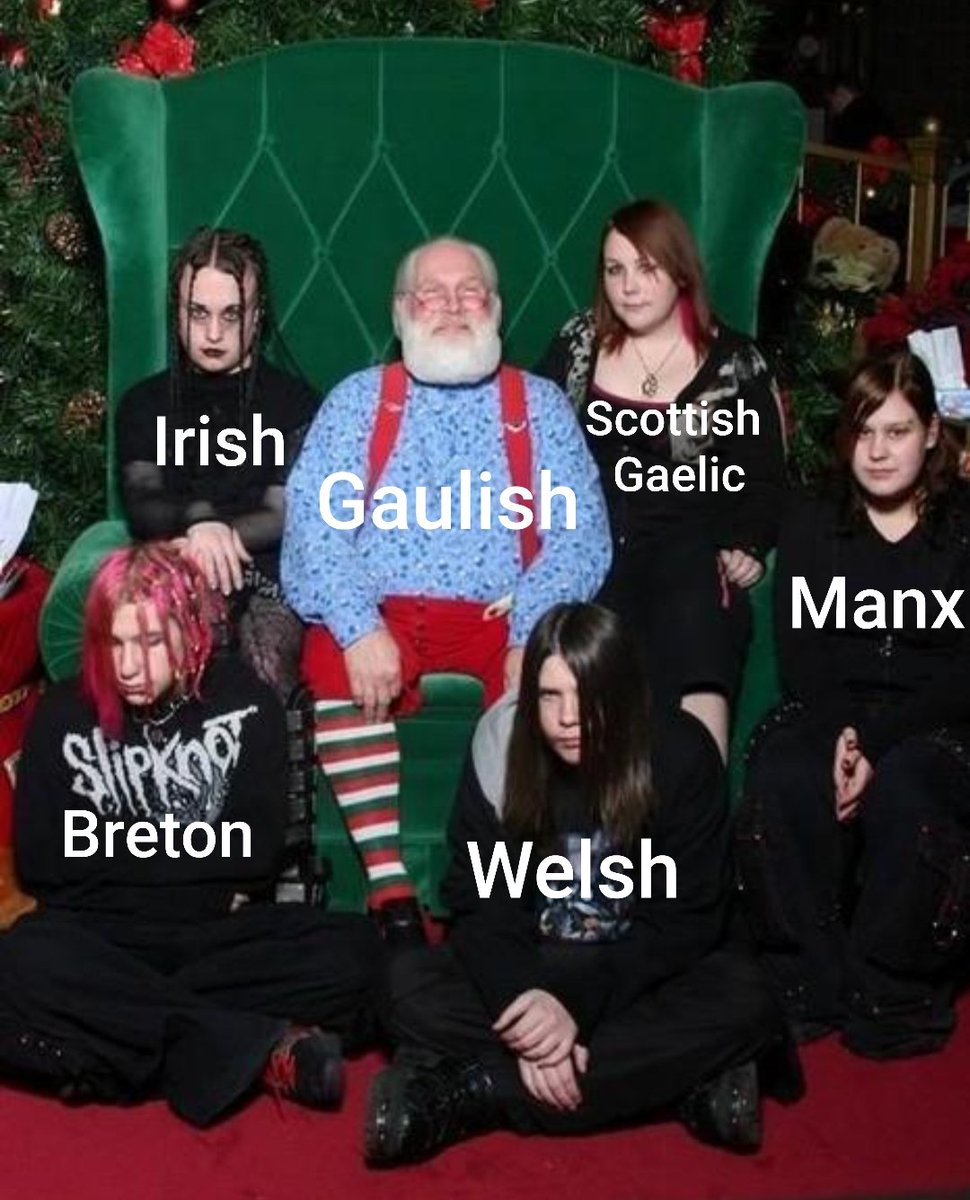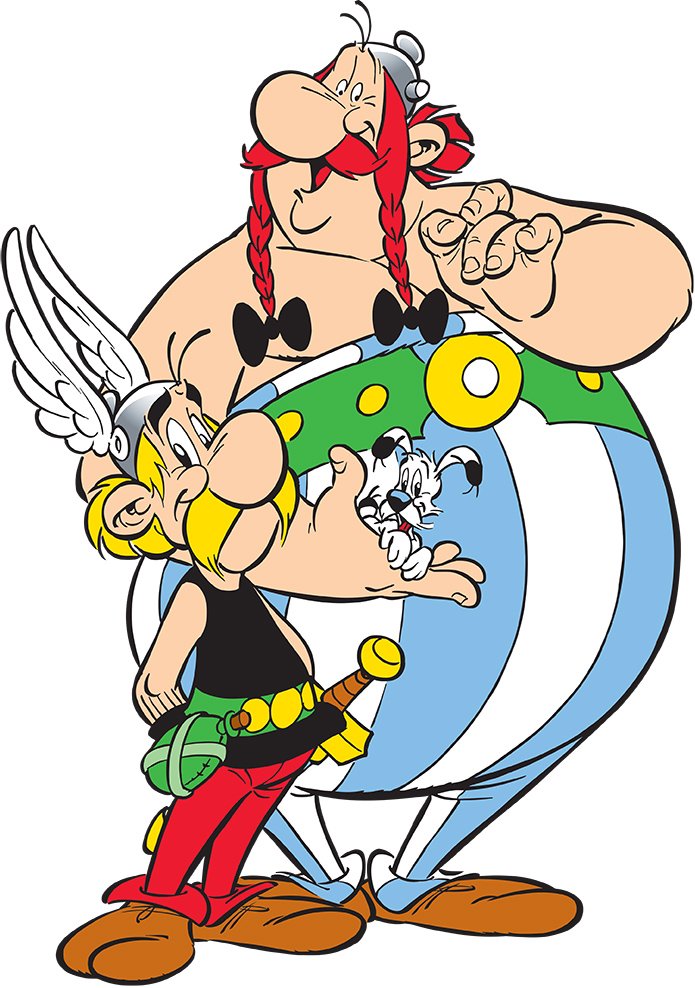some more info, for the perplexed:
Celtic is a family of languages that were once spoken from Ireland to Anatolia (see: Galatians, St Paul& #39;s letter to the ~)
today the family survives in Irish, S. Gaelic, Manx, Welsh, Cornish and Breton
these languages are, well, odd. 1/4
Celtic is a family of languages that were once spoken from Ireland to Anatolia (see: Galatians, St Paul& #39;s letter to the ~)
today the family survives in Irish, S. Gaelic, Manx, Welsh, Cornish and Breton
these languages are, well, odd. 1/4
I mean no disrespect (I adore them), but all six display unusual behaviour for Indo-European languages, in two specific ways:
1) obligatory Verb Subject Object (VSO) word order - verbs come first
2) Consonant Mutation - nouns& #39; initial consonants change according to grammar. 2/4
1) obligatory Verb Subject Object (VSO) word order - verbs come first
2) Consonant Mutation - nouns& #39; initial consonants change according to grammar. 2/4
now here comes Gaulish - ah, lovely Gaulish
Gaulish is an extinct Celtic language, once spoken in France (and beyond), including a village of indomitable Gauls. It died out in the late imperial period, replaced by Latin - although it did leave a mark on French vocabulary. 3/4
Gaulish is an extinct Celtic language, once spoken in France (and beyond), including a village of indomitable Gauls. It died out in the late imperial period, replaced by Latin - although it did leave a mark on French vocabulary. 3/4
Gaulish is, well, normal - a well-behaved ancient IE language
it has:
- fairly free SVO word order
- seven cases (with endings a lot like Greek or Latin)
- a relativizer/complementizer derived from a PIE pronoun (see: Bate 2019)
- no mutation
Gaulish is, in a word, safe. 4/4
it has:
- fairly free SVO word order
- seven cases (with endings a lot like Greek or Latin)
- a relativizer/complementizer derived from a PIE pronoun (see: Bate 2019)
- no mutation
Gaulish is, in a word, safe. 4/4

 Read on Twitter
Read on Twitter



